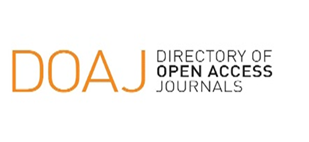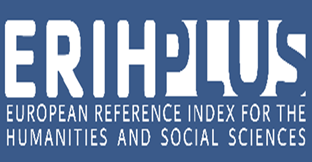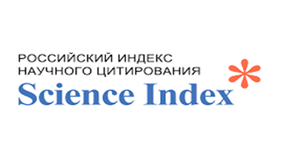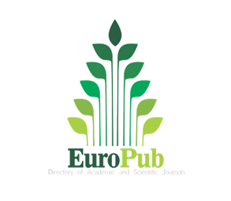Oratory in Kazakh culture
Views: 256 / PDF downloads: 589
DOI:
https://doi.org/10.32523/2664-5157-2023-4-63-82Keywords:
Kazakh culture, the language of oratory, cultural consciousness, ontology, gnoseology, anthropocentrism, sociocentrism, ethnocentrism, axiology, cultural philosophy.Abstract
The article is the first attempt in the local cultural studies to carry out a detailed study
of the place and role of oratory in Kazakh culture. At the same time, the article considers the basics,
cognitive episteme, methodological positions of the Kazakh eloquence as a continuum of general
ethnocultural existence, anthropocentric, sociocentric, ethnocentric aspects of the art of eloquence,
cultural and sophistic background of the nature and features of mobile thought in the context of
eloquent verbal wisdom as a phenomenon-culture. At the same time, the study focuses on the cultural
aspects of the cognitive-emotional impact of oratory on the perceiver. Along with this, the depth of
presentation of thoughts to the audience in eloquent language and its axiological value are measured.
Cultural and axiological meanings such as «beginning, presentation, content, warming up, fusion/
synthesis» within the framework of various rhetorical formulas are analyzed. Steps have been taken
to reveal the cultural aspects of such concepts as «wrap/envelope,» «persuade,» and «confess» through
the listener’s ability to convey a thought in rhetoric to other people through the poetic language. The
problem of inseparability between eloquence and objective reality is analyzed through the prism of the
Kazakh national-cultural moral ethos.
Downloads
Reference
Babalar sözı [Grandfather’s word], 2009. Jüztomdyq, T. 56: Tarihi jyrlar [One hundred volumes, Vol. 56: Historical poems]. Astana: Foliant. 408 p. [in Kazakh].
Balasağūn J., 1986. Qūtty bılık [Qutti Bilik]. Almaty: Jazuşy. 616 p. [in Kazakh].
Beisenov Q., 1994. Qazaq topyrağynda qalyptasqan ğaqliıatty oi keşu ürdısterı [Ignorant thought processes formed in the Kazakh soil]. Almaty: Ğylym. 168 p. [in Kazakh].
Gegel, 1956. Filosofiıa duha [Philosophy of spirit]. Moscow: Gospolitizdai. 371 p. [in Russian].
Guboldt V., 1985. Iazyk filosofiıa kultury [Language philosophy of culture]. Moscow: Progress. 450 (357) p. [in Russian].
Ğabitov T.H., 1998. Qazaq mädenietınıŋ tipologiıasy [Typology of Kazakh culture]. Almaty: Qazaq universitetı. 203 p. [in Kazakh].
Ismailov O., 1996. Babalar sözı – danalyq közı [The words of the ancestors are a source of wisdom]. Almaty: Bılım. 186 p. [in Kazakh].
Qasabek A., 2023. Zamanynyŋ ūlağatty filosofy [Great philosopher of his time]. Taldyqorğan: JK «Dizain-OT». 288 p. [in Kazakh].
Moldabekov J., 1998. Qazaq osy – myŋ ölıp, myŋ tırılgen. Oqu qūraly [This Kazakh is a thousand dead and a thousand resurrected. Educational tool]. Almaty: Sanat. 208 p. [in Kazakh].
Mūqamethanūly N., 2000. Qytaidağy qazaqtardyŋ qoğamdyq tarihy (1860-1920) [Social history of Kazakhs in China (1860-1920)]. Almaty: QAZ aqparat. 336 p. [in Kazakh].
Mūhiddin Äbu Zäkäriıa Iahiıa ibn Şäräf ibn Murri, 2014. Hadister jinağy (riıadus-salihin) [Collection of Hadiths (Riyadus-Salihin)]. Almaty: «Kökjiek»baspasy. 656 p. [in Kazakh].
Negimov S., 1997. Şeşendık öner [The art of rhetoric]. Almaty: Ana tılı. 208 p. [in Kazakh].
Nūrmūratov S.E., 2000. Ruhani qūndylyqtar älemı: äleumettık filosofiıalyq taldau [The world of spiritual values: a socio-philosophical analysis]. Almaty: QR BĞM. Filosofiıa jäne saıasattanu Instituty. 180 p. [in Kazakh].
Orazaly etc., 2007. Ūlylyq qalğysa ūlt ūiqyğa ketedı. Danalardan jetken söz [If greatness remains, the nation will go to sleep. A word passed down from wisdom]. qūrastyrğan S.Ş.Orazaly, Ö.Aqypbekūly, G.Orazgalieva [composition. S. Sh. Orazaly, O. Akypbekuly, G. Orazgalieva]. Astana. 384 p. [in Kazakh].
Potebnıa A.A., 1976. Estetika i poetika [Aesthetics and poetics]. Moscow: Iskusstvo. 614 p. [in Russian].
Tarihi tūlğalar, 2006. Tanymdyq-köpşılık basylym [Historical figures. Public publication]. Qūrastyruşylar: Toğysbaev B., Sujikova A. Almaty: «Almatykıtap» JŞS. 376 p. [in Kazakh].
Töreqūl N., 2006. Dalanyŋ dara dılmarlary [Individual dilmars of the field]. Almaty: JŞS «Qazaqstan» baspa üiı». 592 p. [in Kazakh].
Raev D.S., 2019. Dala örkenietınıŋ ruhani-mädeni qyrlary: äleumettık-saıasi taldama. Oqu qūraly [Spiritual and cultural aspects of steppe civilization: socio-political analysis. Educational tool]. Almaty. 344 p. [in Kazakh].
Eldridge R., 2020. Öner filosofiıasy. Kırıspe [Philosophy of art. Introduction]. Almaty: «Ūlttyq audarma biyrosy» qoğamdyq qory. 304 p. [in Kazakh].
Ibraev Sh., 2021. The phenomenological transformation of Abay’s poetry. Turkic Studies Journal, 3(3). P. 28-36. https://doi.org/10.32523/2664-5157-2021-3-28-36
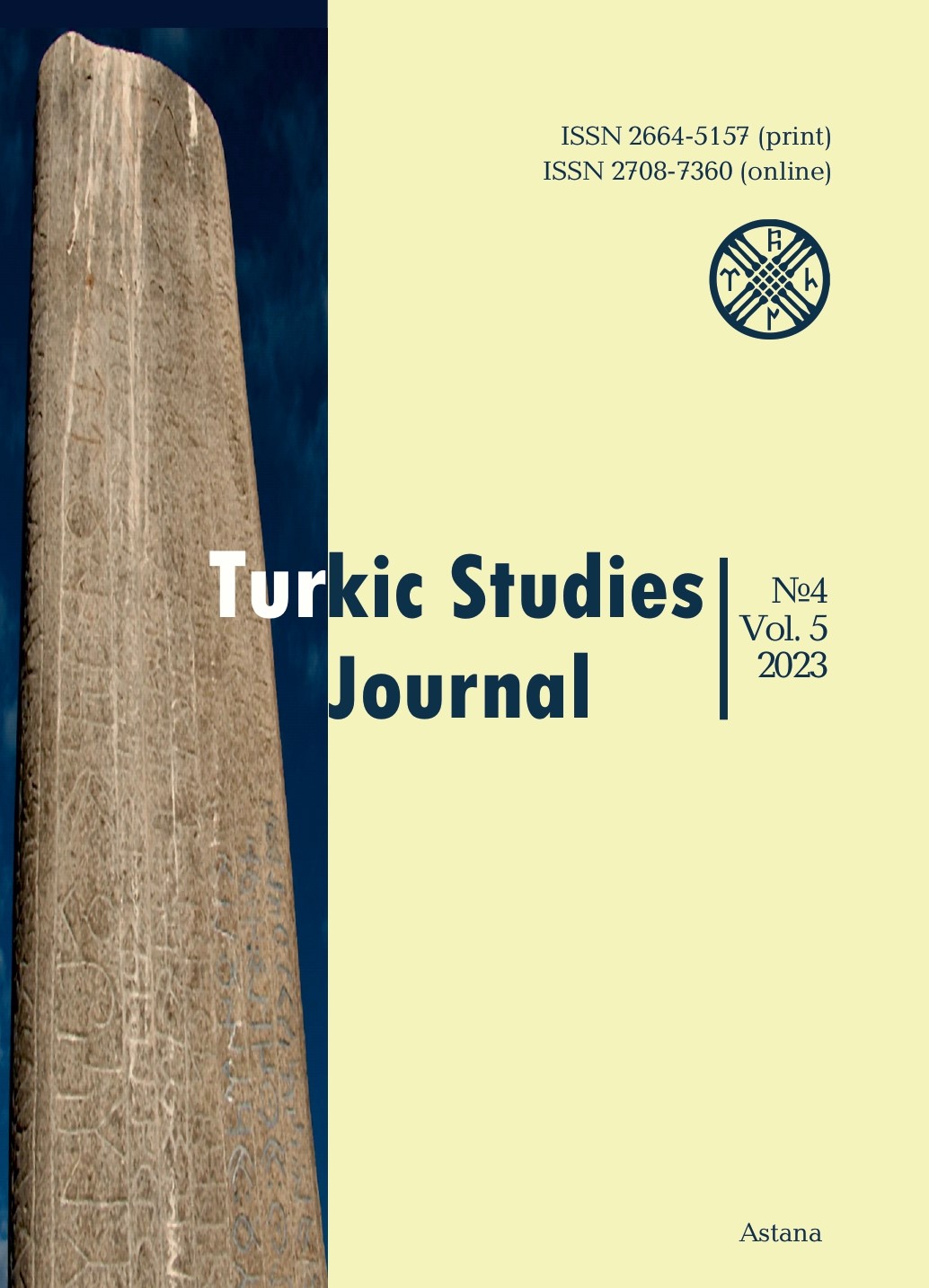
Downloads
Published
How to Cite
Issue
Section
License
Copyright (c) 2023 Turkic Studies Journal

This work is licensed under a Creative Commons Attribution-NonCommercial 4.0 International License.






